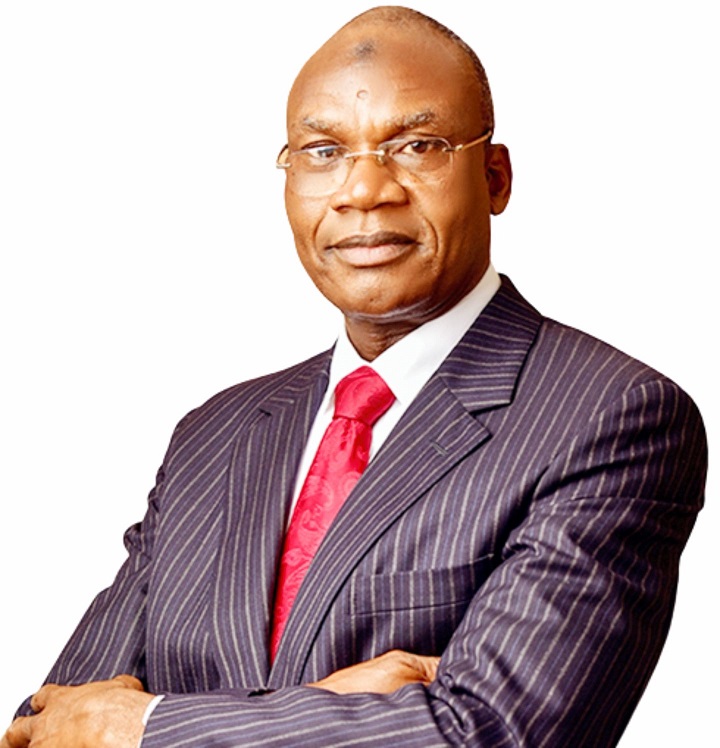
The Honourable Minister of Education (HME), Professor Tahir Mamman (SAN), has said that the Federal Government was irrevocably committed to overhauling the education sector for better results. He said this in Ikeja last Thursday, while delivering the Keynote Speech at the Ministerial Session of the 67th National Council on Education (NCE) meeting, which had the “Addressing the Challenges of Policy Implementation: A Panacea for the Achievement of Education 2030 Agenda” as the theme.
Professor Mamman said that the government would reduce Out-of-School (OOS) children to seven per cent by 2034. He stated that the Federal Ministry of Education (FME) would focus on improving access to Basic Education/Out-of-School Children, as a priority. According to him, it was a right of every Nigerian child to have access to basic education, and part of government’s responsibility was to ensure that every child of school age attended basic education. He said that according to a World Bank report, 13 million children, aged 6-14 (25 per cent OOS rate) were out of school, and this put Nigeria among the nations with the largest number of out-of-school children globally.
Professor Mamman said that in the same vein, only 25 per cent of children in the same age group were proficient in reading and numeracy, while 39 million children could not read and write. “This simply implies that we need great improvement to strengthen the system and service delivery at the basic education level. The interventions and initiatives of development partners such as the World Bank, UNICEF, and UNESCO targeted funding and conditional transfer initiatives have helped to reduce the number of out-of-school children, skills and literacy improvement.” Although these interventions have led to a considerable increase in enrolment, infrastructure and quality of service delivery, we still need to re-examine the system critically and proffer workable solutions. The shared vision of the federal government and development partners is to reduce out-of-school children to seven per cent by 2034 and ensure that at least 50 per cent of children demonstrate proficiency in reading and numeracy at the basic level,” he said.
The Minister said that in recognition of the importance of education in preparing and equipping the citizenry, the Federal Ministry of Education (FME) had set in motion the process of repositioning and reverberating the sector, to attain the President’s agenda for development. He said that the process included developing a well-structured roadmap that laid down the building blocks that aligned the education system with the current socio-economic realities of the 21st century.
Professor Mamman said that the roadmap captioned education for Renewed Hope specially focused on Out-of-School Children, Girl-Child, Skills and Entrepreneurship Education. According to him, to reposition the educational system, it had become important to enhance the quality of basic education in paying attention to inclusivity, and review and update the curriculum across levels.
”It is important to improve teaching and promote professionalism, reinvigorate and strengthen the provision of vocational, technical and entrepreneurship education. ”It is important to revamp and build new educational infrastructures and re-engineer tertiary institutions to achieve transition to innovative institutions,” he said.
In his address, Governor of Lagos State, Mr. Babajide Sanwo-Olu of Lagos State said that the state had made tremendous progress in the education sector and the various initiatives were yielding positive results. Governor Sanwo-Olu, who was represented by the Commissioner for Primary and Basic Education, Mr. Jamiu Alli-Balogun, enjoined delegates at the NCE meeting to share insights from the perspectives of their various states, identify and embrace strategies that had yielded the desired results. He said that more importantly, they should resolve to rededicate to ensuring that policies were not just fantastic on paper but were actionable and implemented to achieve the desired result.
”Let us embrace innovation and be open to new ideas and strategies that are technology driven and consistent with global best practice and the Renewed Hope agenda,” the governor said.
The meeting had in attendance Commissioners for Education from the states of the federation, examination bodies, and regulatory bodies in the sector, among others. Among those at the event were the Acting Executive Secretary, National Universities Commission (NUC), Mr. Chris J. Maiyaki.
